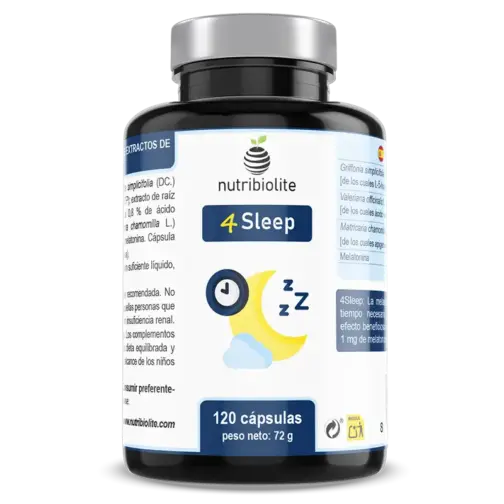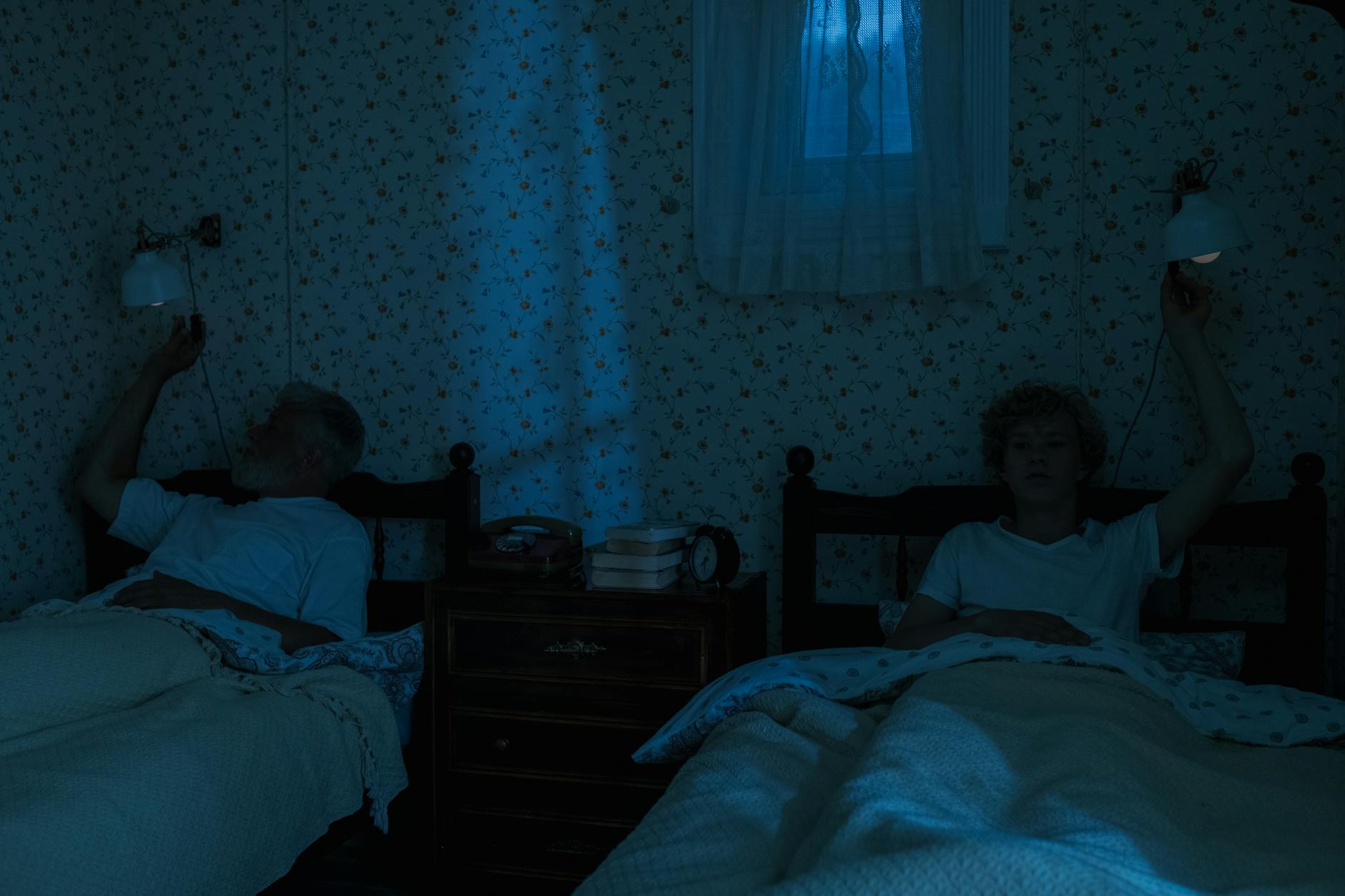A new study published in JMIR Formative Research 2025(study in JMIR Formative Research 2025) looked at the effect of melatonin supplementation on sleep in adults with difficulty getting a good night’s rest. With a sample of 60 participants who tested 0.5 mg and 3 mg doses of melatonin versus placebo for three months, the researchers concluded that melatonin did not produce significant changes in sleep duration or sleep quality versus placebo in this group.
These results provide important nuances when choosing a supplement to support a good night’s rest. The trial was peer-reviewed, involved objective tracking devices (Fitbit watches) and shows that the effect of melatonin may not be the same in all people. However, the study acknowledges limitations such as sample size and the broad definition of “poor sleep”.
What does this mean for your daily routine?
In real life, many people turn to melatonin to regulate their sleep cycle when stress, travel or hormonal changes disrupt their natural rhythm. Recent research suggests that melatonin may help people fall asleep in specific situations, but its effect on the total number of hours slept or the subjective feeling of rest is modest and depends on the individual.
The authors note that although satisfaction with use was high (96% would recommend the protocol), the actual difference from placebo was small. This suggests that melatonin should be seen as a physiological signal, not a magic bullet.
How melatonin works in the body
Melatonin is a hormone that the body produces naturally at nightfall. Its main role is to alert the brain that it is time to prepare for sleep. Factors such as blue light, stress or changes in routine can reduce its natural production, especially after the age of 40.
Taking exogenous melatonin before bedtime can help to signal this internal signal, but its effectiveness depends on the context: irregular schedules, jet lag or hormonal disturbances. European authorities recommend low doses (1 mg) just before bedtime to minimise side effects and to accompany the body without forcing natural processes.
Not just melatonin, but also relaxation and routine
The rest process does not depend on a single molecule. The nervous system needs to relax through constant habits: light dinners, dim light at night and avoiding screens close to bedtime. In addition, nutrients such as tryptophan, present in foods such as nuts and oats, are converted into 5-HTP, a direct precursor of serotonin and melatonin.
Plant extracts such as valerian and chamomile have been shown to contribute to a sense of calm without dependence or residual drowsiness. A holistic approach therefore combines chemical signals (melatonin) with natural relaxation support.
How 4Sleep fits into your night-time physiological pathway
At times when the internal clock loses rhythm, such as with prolonged stress, long journeys or hormonal changes, external support can make sense. 4Sleep, developed by Nutribiolite, follows the physiological logic highlighted by both recent studies and European recommendations. It combines melatonin (1 mg), recognised by scientific evidence as a sleep-inducing adjuvant, with 5-HTP extracted from Griffonia simplicifolia, which enhances the natural synthesis of serotonin and melatonin. Added to this are standardised extracts of valerian and chamomile, plants with a proven relaxing action that do not generate dependence or residual drowsiness. Thus, while melatonin acts as a physiological trigger for sleep onset, the other components provide a synergy that promotes relaxation and the balance of the sleep-wake cycle, making this formula more complete than supplements based on melatonin alone.

Melatonin 1 mg and 5-HTP with relaxing plants.
Frequently asked questions about melatonin sleep and 4Sleep
When does it make sense to take melatonin?
Melatonin can be useful when the internal rhythm is disturbed by jet lag, night shifts or continuous stress. It is not a substitute for good sleep hygiene and relaxing daily habits.
Why choose a combined supplement such as 4Sleep?
4Sleep brings together melatonin (1 mg), plant-based 5-HTP and standardised extracts of valerian and chamomile. This combination supports both the onset and maintenance of physiological sleep without creating dependence or a morning hangover.
Does it produce drowsiness on waking or dependence?
No. The safe doses and natural ingredients in 4Sleep are designed to support the natural sleep cycle without leaving a heavy feeling or risk of chemical habituation.
How should I take 4Sleep to notice its effects?
Take one capsule about 30 minutes before going to bed, preferably at the same time and with a quiet routine (low light, light dinner). Consistency enhances its benefits.
Is it safe to combine foods rich in tryptophan with 4Sleep?
Yes, foods such as nuts or oats provide natural tryptophan, which complements the action of the 5-HTP in the formula. Together they reinforce the endogenous production of serotonin and melatonin.
This content is for information only and does not replace the advice of a health professional.
















